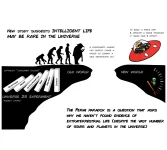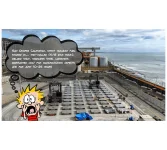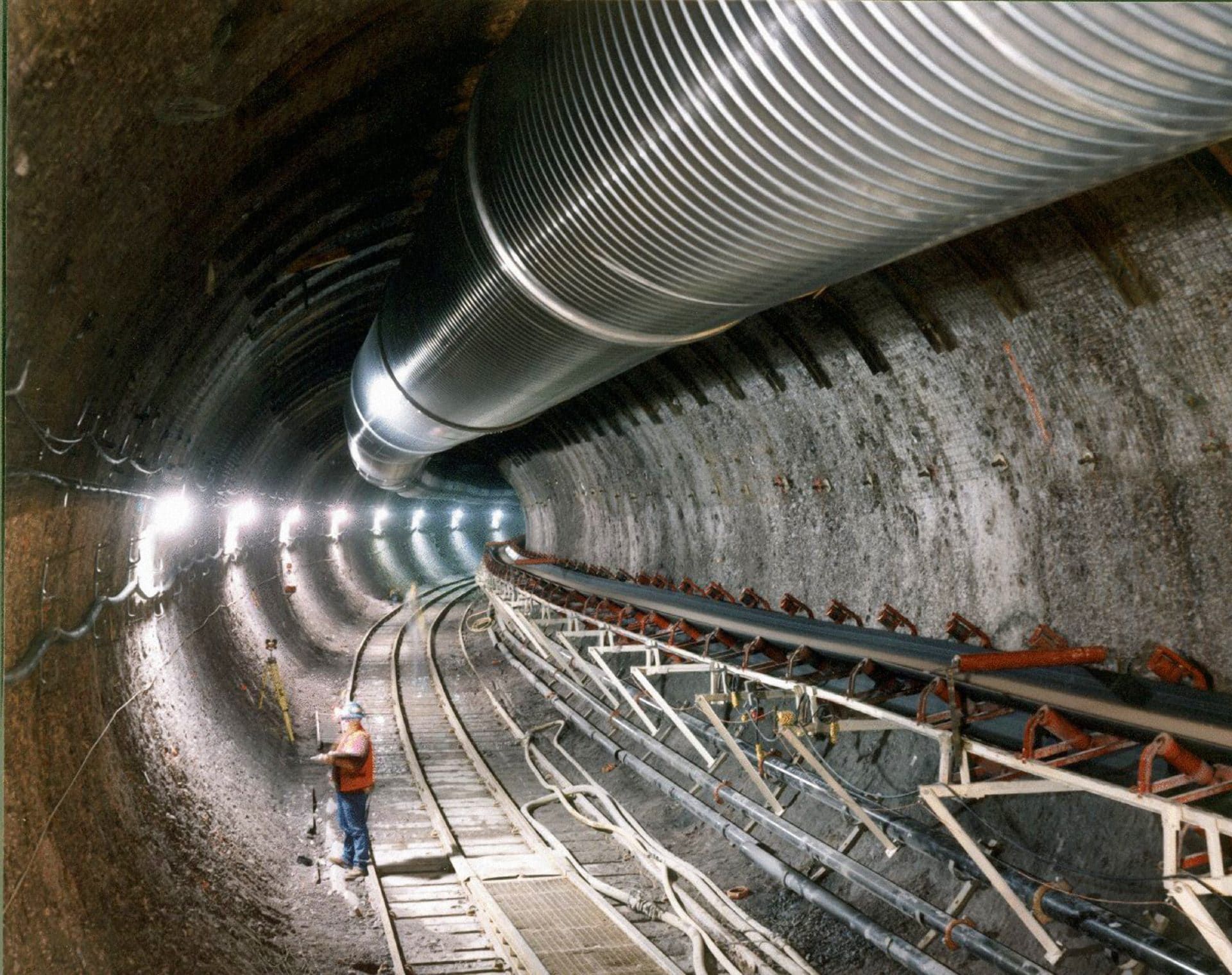If the upper bound of the velocity at which information travels is the speed of light, the vast majority of signals from any civilization would only cover a very small volume of space. Depending of how abundant life is in the universe, those bubbles of signals may not overlap, or come close.
The (not so simple) idea I was trying to convey is how the news could relate to life (and major unaddressed issues) on earth


President Trump's tweet about Yucca Mountain suggested the White House is abandoning the nation's proposed deep geologic repository for spent nuclear fuel and other high-level radioactive waste. Here's why his "innovative approaches" are not likely to succeed.

thebulletin.org
FYI,... Experiment 25 (the rodent Utopia) was part of a series of experiments conducted by biologist John Calhoun in the 1960s and 1970s. The goal was to observe the behavior of rodents in an environment with unlimited resources. The results were unexpected and may offer insights into the Fermi Paradox (which a new study suggests intelligent life is rare)
"The fact that we don't see anything out there means that if they did exist, they vanished long ago and their signatures have decayed away."

www.space.com
In 1972, John B. Calhoun built an utopia for mice. Every aspect of Universe 25, as this particular model was called, was designed to cater for the well-being of its rodent residents, increase their lifespan, and allow them to mate. It was not the first time the ethologist had built a world for...

sproutsschools.com
The Fermi Paradox asks, "Where are all the aliens?" Given the vastness of the universe and the likelihood of extraterrestrial life, it seems strange that we have not yet encountered any evidence of it. One possible explanation for this paradox is that advanced civilizations often self-destruct before reaching a point where they could make contact with other species.
The Rodent Utopia Experiment provides a potential analogy for this self-destruction. In the experiment, mice were placed in a controlled environment with unlimited food, water, and no predators. Initially, the population grew rapidly. However, as the population density increased, the mice began to exhibit strange behaviors: decreased reproduction rates, increased aggression, and a decline in social interactions. Eventually, the population collapsed.
How does "Experiment 25" relate to the Fermi Paradox? Perhaps the results of the rodent utopia experiment is a simple model how advanced civilizations might behave. If a nation were to reach a point of abundance and prosperity, (like in the USA) then the culture might become complacent and lose its drive to explore, innovate and carefully manage the environment. Internal conflicts and social breakdown could then lead to decline and civilization collapse.
FWIW to minimize internal conflicts and social breakdown it is necessary for society as a whole to recognize the predicament,... sad fact of the matter is the vast majority of people and political leadership (on both sides) do not grasp the big picture (so there is a great possibility that society will collapse)

Image Comic-about-how-Dumb-and-Dumber-political-leadership-is-ignoring-the-mismanagement-of-natural-resour hosted in ImgBB

ibb.co
Do Intelligent Civilizations Across the Galaxies Self-Destruct? For Better and Worse, We’re the Test Case

astrobiology.nasa.gov

 www.space.com
www.space.com










